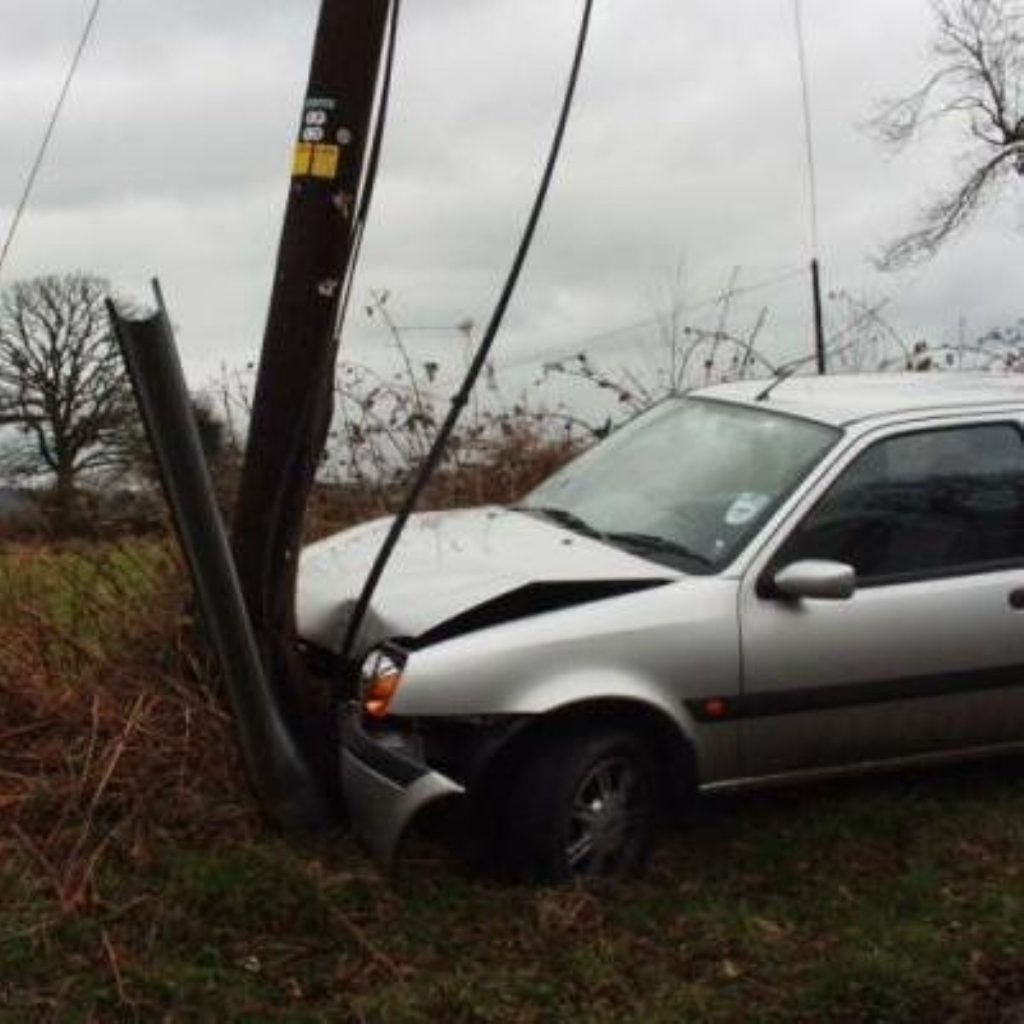Tired motorists urged not to drive
The government has launched a new road safety campaign urging motorists not to drive while tired.
Approximately one in five crashes on major roads are caused by tired drivers and ministers want to raise awareness of the dangers of not acting on signs of tiredness.
A YouGov poll commissioned by the Department for Transport found 18 per cent of drivers pull over when they start yawning – regarded as the first sign of fatigue.
Dr Neil Stanley, a sleep expert from the Clinical Trials and Research Unit at the Norfolk and Norwich University Hospital, explained: “People read a yawn all wrong – they often mistake the energising effect that comes immediately after as a sign they can carry on, but tests prove this is not the case.


“Yawning quite simply means you’re on the road to falling asleep – so if you’re yawning behind the wheel it really is time to pull over.”
Shakespeare in Love actor Joseph Fiennes will voice the new government campaign, Don’t Drive Tired.
Road safety minister Jim Fitzpatrick said: “We all want to finish our journeys as quickly as possible but being tired at the wheel is a proven killer that we cannot ignore.
“People who drive for work are particularly at risk but there are simple steps we can all take to make our journeys safer. Plan regular stops into a long trip and if you find yourself yawning pull over and take a break – this could make the difference between life and death.”
YouGov’s research found 22 per cent of drivers plan the recommended 15 minute break for every two hours spent driving, with 26 per cent admitting to driving for four hours at a stretch.
If tired, three-quarters of those surveyed said they opened a window to keep themselves awake.
The campaign urges motorists not to drive if they are tired, stop if they feel drowsy and in an emergency drink two cups of caffeine to stay alert, as well as regular breaks.

